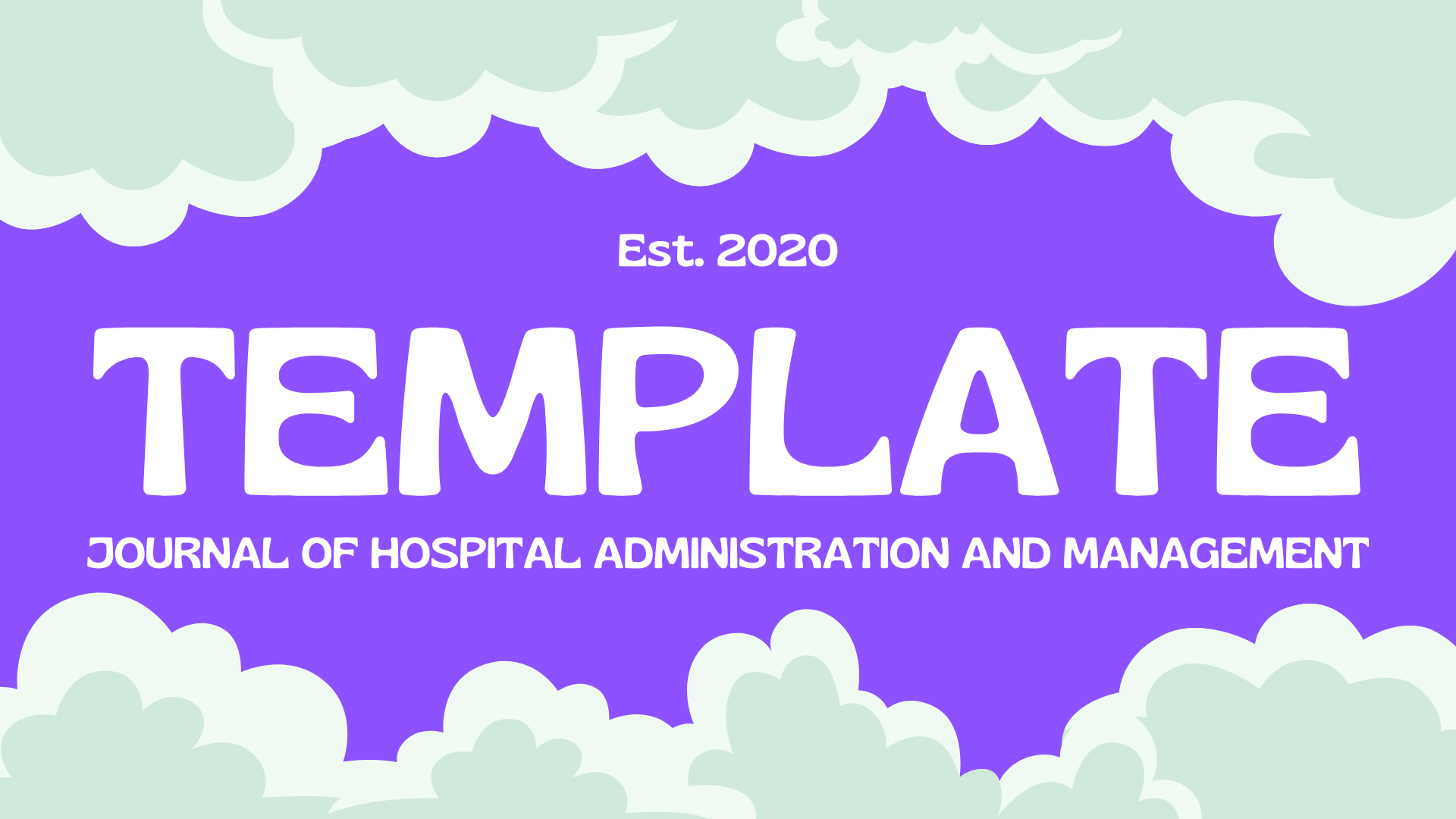THE RELATIONSHIP BETWEEN SOCIOECONOMIC STATUS AND CULTURAL FACTORS WITH ADHERENCE TO PHYSIOTHERAPY IN POST-STROKE PATIENTS AT RSUD ARIFIN ACHMAD, RIAU PROVINCE
DOI:
https://doi.org/10.54973/jham.v5i1.582Keywords:
Socioeconomic Status, Culture, Adherence, Physiotherapy, Post-Stroke PatientsAbstract
Adherence to physiotherapy is a crucial factor in the recovery process of post-stroke patients. Socioeconomic status and cultural factors are suspected to play a significant role in influencing patient adherence to therapy. This study aims to analyze the relationship between socioeconomic status and cultural factors with adherence to physiotherapy among post-stroke patients at RSUD Arifin Achmad, Riau Province. This study employs a quantitative cross-sectional design. The research sample consists of post-stroke patients undergoing physiotherapy at RSUD Arifin Achmad, selected using purposive sampling. Data were collected through questionnaires and patient medical records, then analyzed using correlation statistical tests to examine the relationship between socioeconomic status, cultural factors, and adherence to physiotherapy. The results indicate a significant relationship between socioeconomic status and patient adherence to physiotherapy (p < 0.05), where patients with higher socioeconomic status tend to adhere more to therapy schedules. Additionally, cultural factors, such as beliefs in traditional medicine and family support, also influence patient adherence. Therefore, a more holistic approach is needed in post-stroke rehabilitation programs, considering socioeconomic and cultural aspects to enhance patient adherence to physiotherapy.
Downloads
References
American Psychological Association. (2020). APA style reference guide for journal articles, books, and edited book chapters. Retrieved April 13, 2025, from https://apastyle.apa.org/instructional-aids/reference-guide.pdf
American Psychological Association. (2020). References: Basic principles of reference list entries. Retrieved April 13, 2025, from https://apastyle.apa.org/style-grammar-guidelines/references/basic-principles
American Psychological Association. (2020). Publication manual of the American Psychological Association (7th ed.). Washington, DC: American Psychological Association.
Botto, S., & Rochat, P. (2018). Sensitivity to the evaluation of others in self-conscious emotions. Journal of Experimental Psychology: General, 147(6), 891–904. https://doi.org/10.1037/xge0000456
Purdue Online Writing Lab (OWL). (n.d.). In-text citations: The basics - APA formatting and style guide. Retrieved April 13, 2025, from https://owl.purdue.edu/owl/research_and_citation/apa_style/apa_formatting_and_style_guide/in_text_citations_the_basics.html
Queensland Health. (2017a, April 9). Managing your asthma symptoms. Retrieved from https://www.health.qld.gov.au/news-alerts/news/managing-asthma-symptoms
Queensland Health. (2017b, August 23). Five things you might not know about asthma. Retrieved from https://www.health.qld.gov.au/news-alerts/news/5-things-you-might-not-know-about-asthma
Scribbr. (n.d.). APA formatting and citation (7th ed.): Generator, template, examples. Retrieved April 13, 2025, from https://www.scribbr.com/apa-style/format/














